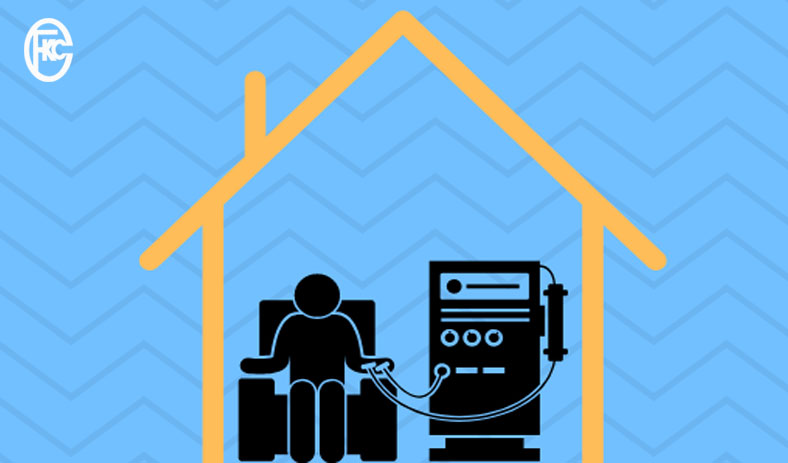
Overview:
Home hemodialysis is a treatment option for individuals with kidney failure that allows them to perform dialysis treatments in the comfort of their own home. While it may not be suitable for everyone, there are several benefits, risks, and barriers associated with navigating home hemodialysis.
Benefits of Home Hemodialysis:
1. Convenience:
One of the primary benefits of home hemodialysis is the convenience it offers. Patients can schedule their treatments around their daily lives, allowing for greater flexibility and freedom.
2. Improved Quality of Life:
Home hemodialysis allows individuals to avoid the frequent trips to a dialysis center, reducing the disruption to their daily routines. This can lead to a better quality of life and increased independence.
3. Enhanced Adherence:
With home hemodialysis, patients have more control over their treatment and are actively involved in their own care. This can lead to improved adherence to treatment regimens and better overall health outcomes.
4. Reduced Infection Risk:
In a home setting, the risk of exposure to infections is typically lower compared to a dialysis center, where multiple patients share the same facility.
5. Cost Savings:
Home hemodialysis has the potential to be more cost-effective than in-center hemodialysis. There may be reduced transportation costs, as well as potential savings on clinic fees and other related expenses.
Risks of Home Hemodialysis:
1. Training and Technical Challenges:
Home hemodialysis requires extensive training for both patients and caregivers. There is a learning curve associated with operating the dialysis machine, handling the supplies, and managing any potential complications that may arise.
2. Limited Support:
Unlike in-center hemodialysis, where healthcare professionals are readily available, home hemodialysis patients may have limited support available to them in case of emergencies or complications.
3. Increased Responsibility:
Home hemodialysis puts the responsibility of treatment on the patient or caregiver. This includes strict adherence to infection control measures, maintaining the dialysis machine, and troubleshooting technical issues.
4. Potential for Isolation:
Home hemodialysis can lead to social and emotional isolation for some individuals. They may miss the sense of community and support that comes with being in a dialysis center.
5. Potential Home Modifications:
Depending on the needs of the patient, home modifications may be necessary to accommodate the dialysis machine and supplies.
Barriers to Home Hemodialysis:
1. Lack of Awareness:
Many individuals with kidney failure may not be aware that home hemodialysis is an option for them. Health care providers need to educate patients about this treatment option and its potential benefits.
2. Availability of Resources:
Access to training, support, and necessary equipment can be a barrier to implementing home hemodialysis. Not all healthcare facilities may offer home training programs, and there may be limited availability of supplies and equipment in certain areas.
3. Financial Considerations:
The cost of home hemodialysis, including the dialysis machine, supplies, and ongoing maintenance, can be a barrier for some patients. Insurance coverage and reimbursement policies may vary, and not all patients may have the financial means to afford this treatment option.
4. Patient Suitability:
Not all patients may be suitable candidates for home hemodialysis. Factors such as medical stability, cognitive ability, and home living conditions need to be considered to ensure safe and successful implementation.
5. Regulatory and Legal Requirements:
Home hemodialysis may be subject to regulatory and legal requirements that vary by jurisdiction. These requirements can add administrative burdens and delay the implementation of home hemodialysis programs.
Conclusion:
While home hemodialysis offers several benefits such as convenience, improved quality of life, and reduced infection risk, it also comes with risks and barriers. Healthcare providers should carefully assess and discuss these factors with patients to determine if home hemodialysis is a suitable option for them. Adequate training, resources, and support are essential for successful implementation and ongoing management of home hemodialysis programs.